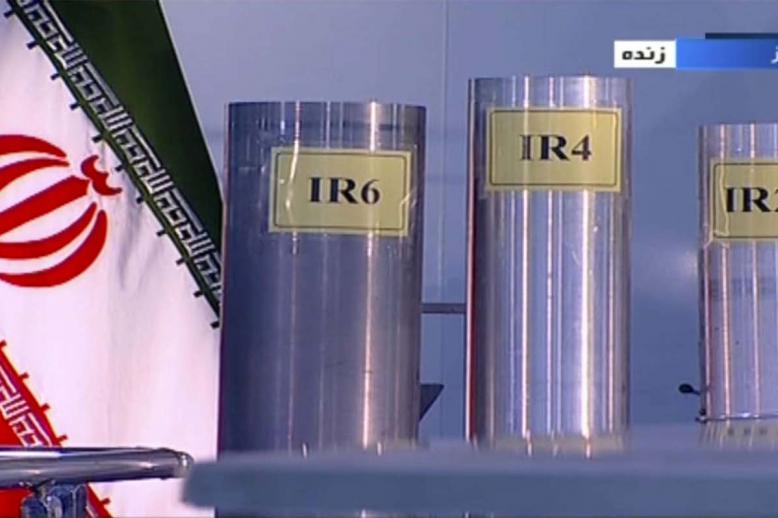Yemen still a hostage of the Houthis
Nothing has changed in Yemen to make the Houthis implement their side of the Stockholm Agreement. Whoever believes that it can find its way to implementation considering the existing balance of power really has no idea about the Houthis and their goals or about the nature of the implicit alliance they struck with the Muslim Brotherhood-affiliated Yemeni Congregation for Reform party.
Saudi King Salman bin Abdulaziz Al Saud’s speech at the Arab-European summit in Sharm el-Sheikh provided evidence that Saudi Arabia is aware of what is at stake in Yemen. The Saudi king was direct in explaining the Iranian threat to Saudi Arabia and to every other Arab Gulf country, a threat coming from Yemeni lands.
“The Houthis bear the responsibility for what is happening in Yemen,” said King Salman. “Ballistic missiles launched by the Houthis do represent a danger to international sea lines in Bab el Mandeb Strait and the pro-Iranian Houthi militias fired more than 200 Iran-made ballistic missiles towards Saudi cities.”
The bottom line is that Iran is talking to Saudi Arabia in the language of rockets fired by the Houthis from Yemen, not in the language of logic and politics.
It was exactly this Iranian-style dialogue that prompted launching Operation Decisive Storm in March 2015 coupled with the creation of an Arab alliance. This alliance had no choice but to quickly contain the Iranian threat from Yemen. That is what happened.
Iran, however, has largely succeeded in adapting to the new circumstances, taking advantage of the weak and disunited reality of its opponents in Yemen.
Faltering conditions of the so-called legitimacy camp necessitated the intervention of the Arab alliance. The Yemenis are shouldering the burden of a weakened opposition and suffering Iran’s control of parts of Yemen, including Sana’a.
Iran has become expert at recruiting and financing sectarian militias locally, as it has done in Lebanon, Syria, Iraq and Yemen. In Yemen in particular, Tehran knew how to exploit gaps in the social, tribal and regional fabric. In everything it has done in Yemen, Iran’s first ally was the stupidity of its Yemeni adversaries.
A donor meeting was called in Geneva to raise aid to alleviate the suffering of Yemenis. Any assistance that can be collected for Yemenis can only be welcomed but, more than ever, there is a need to reconsider the Yemeni situation as a whole, at least from two perspectives.
The first that must be kept in mind is that the Houthis — and Iran behind them — are not interested in a political solution, given the current balance of power in Yemen. They are confident in their alliance with the Muslim Brotherhood, their ground forces and in the fronts they control.
The second perspective is the angle of the legitimacy camp. There is a complete vacuum created by the disregard for any active forces capable of coming up with a political project for all of Yemen under a new formula.
In other words, there is a need to restructure the legitimacy with all what that entails in terms of bringing in new personalities who are more interested in the future of Yemen and of the Yemenis than in their business relations.
It should not be forgotten that the Houthis have full control of Sana’a and have been choking life out of the people there for four-and-a-half years. Their goal is clear: It is power and nothing else but power, based on what they consider their divine right.
From the day he took Sana’a, Abdelmalik al-Houthi did not conceal his driving motive: revenge. He is busy these days giving speeches about women’s rights and the revered position of the Virgin Mary in the Quran. Obviously, the man is no more than a tool that a well-known side is trying to polish his image and seeking to market him internationally.
It is regrettable that there is no UN secretary-general’s envoy aware of this or who is, perhaps, too aware of this and of the fact that the Yemeni crisis cannot be reduced to a problem with the Houthis or a problem with a worn-out legitimacy, which has become interested only in business.
New and creative ideas are needed in Yemen, including daring to seek amending UN Security Council Resolution 2166 so sanctions could be lifted on Yemeni personalities who could fill the vacuum in the legitimacy camp.
Khairallah Khairallah is a Lebanese writer.
This article was originally published in The Arab Weekly.







